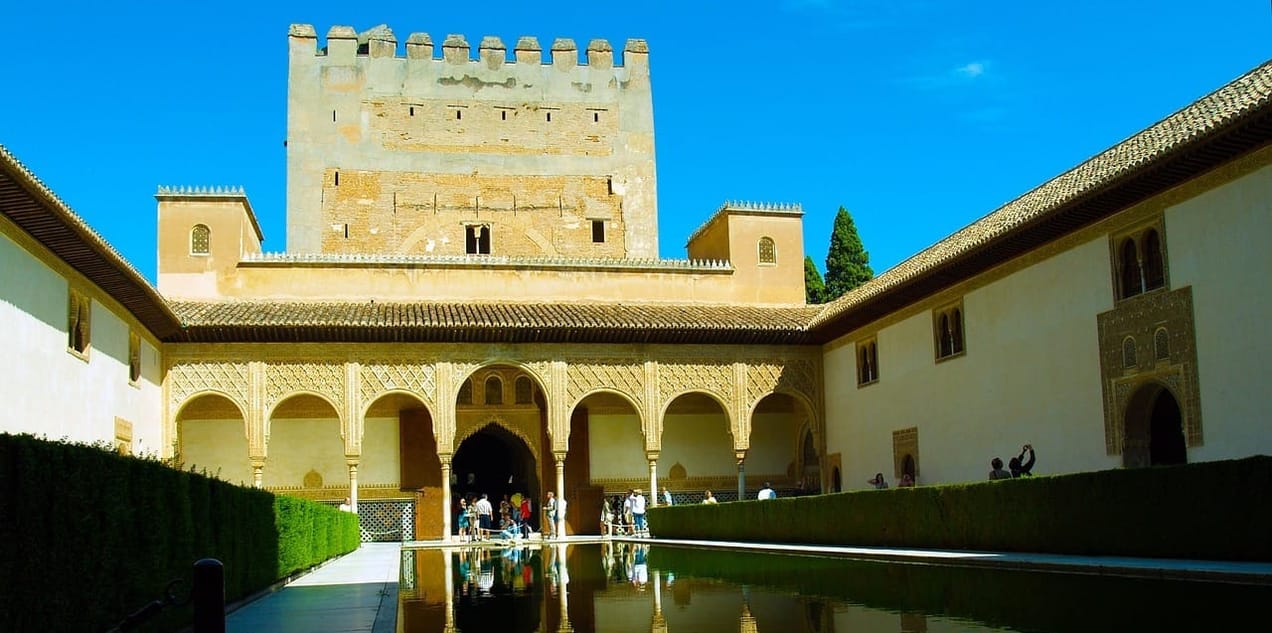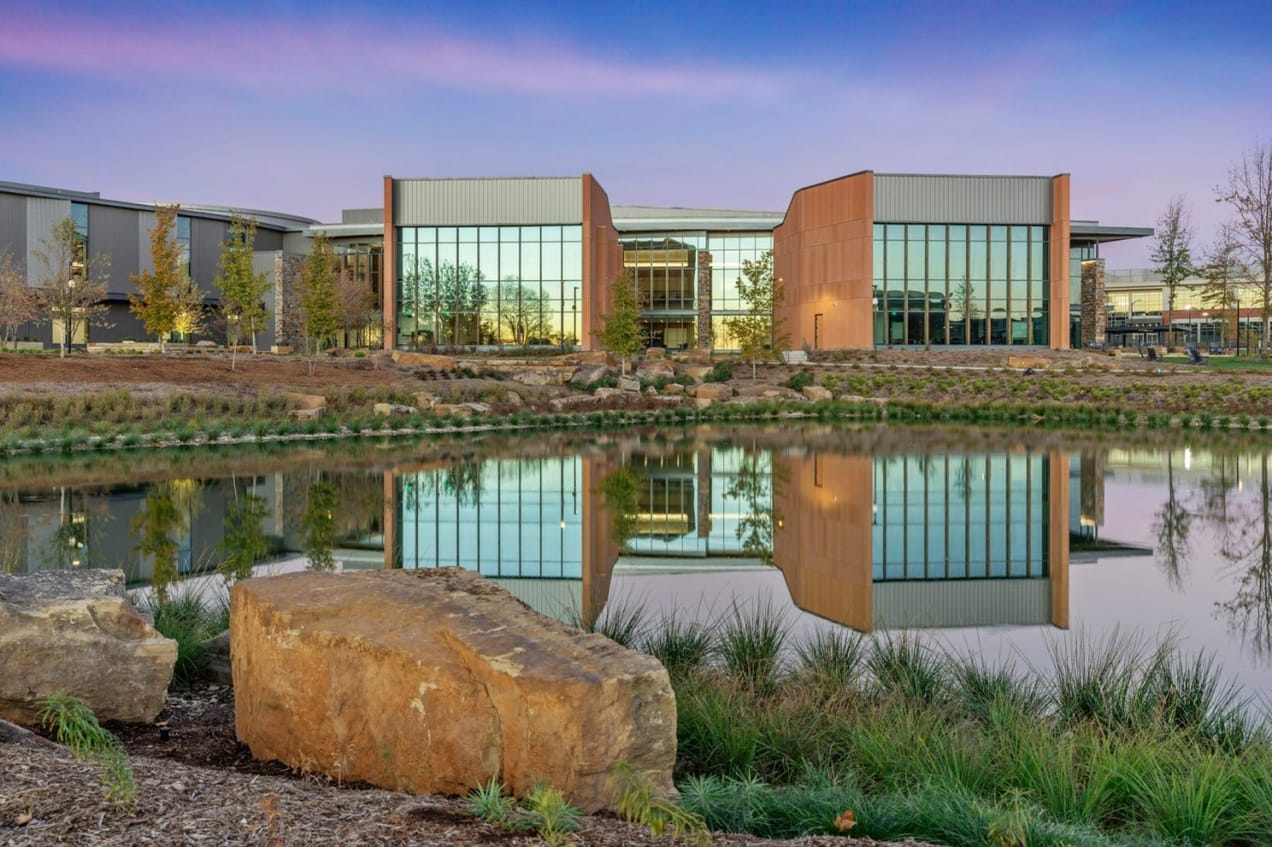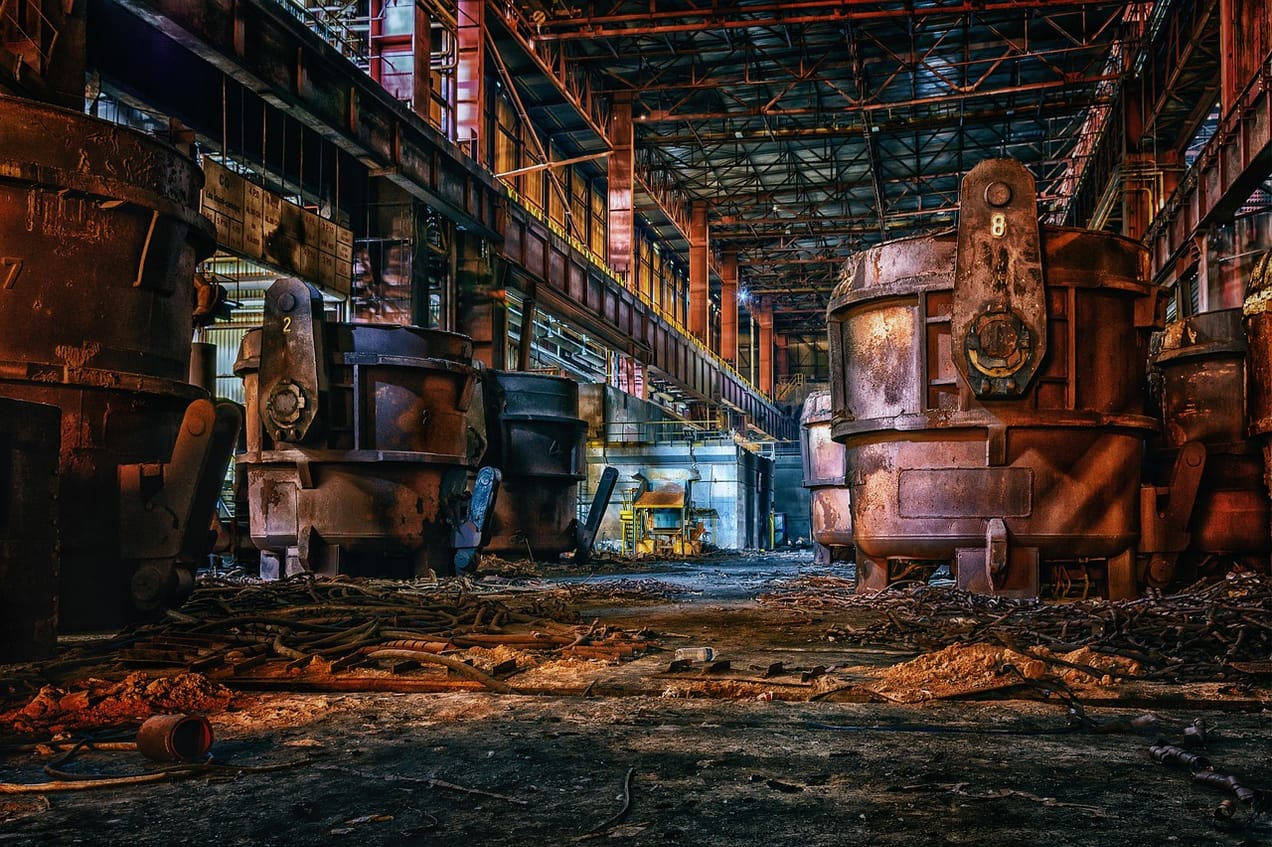Built environment/wellness
Our cities, buildings and man-made environment plus issues around health and wellness
Sunday Brunch: Is timber our building secret weapon ?
Timber is a great building material. One target is using more timber as a structural material, which requires some new thinking by engineers. We need new design approaches, including a greater re-use of reclaimed timber. But timber is never going to fully replace concrete & steel.
Sunday Brunch: Should I worry about floods or heat stress
Based on what's in the press, we should worry more about floods and sea level rise. But, while the financial impact of floods on our society is material, the human cost of excess deaths suggests we should also worry about heat stress, as this may make regulation of building cooling more likely.
Sunday Brunch: Flooding and storms are the new (expensive) normal
Climate events such as floods are now more frequent. While globally a small % of the population lives close to the coast, for some countries (including New Zealand) this figure is much higher. Analysis of the NZ situation can help us frame our response. We need to take climate adaptation seriously.
Sunday Brunch: Can timber deliver what other carbon capture technologies cannot?
The use of timber in buildings continues to grow, driven by a mixture of environmental and financial considerations. One less explored aspect is the ability of construction timber to lock up carbon for long periods. Could this be a lower cost way of delivering carbon capture & storage?
Investors must cope with uncertainty
One way that investors are different is that we deal with uncertainty. We cannot be sure what the future will bring, but as we invest we can prepare for possible future events. Companies betting on only one outcome, normally the status quo, can be risky. The steel industry is a good example of this.
Better homes are possible - don't just focus on quantity
The building industry faces two big sustainability challenges, greener building operation, and encouraging the use of greener construction materials. And within each challenge lies a massive opportunity. It's not all about quantity, we can also build better - utilising best practice.
Insurance - the 'hidden' risk for real assets
Adequate insurance is a crucial part of many financial investments, including homebuying. We take it for granted, until it's no longer available. The impact of climate change is prompting private insurers to exit some markets. But this is not inevitable - resilience investments can reduce the risks.
Using 'waste' solar to heat our water
Is there a better way to heat water for our buildings. One that also 'soaks' up the surplus (and now wasted) cheap solar electricity. It turns out there is.
Have we finally found a zero carbon cement solution?
What if we could take demolition concrete and turn it back into new cement. And do it piggy backing off the process for making greener steel - the Electric Arc Furnace. Wouldn't that be good news.
Sunday Brunch: the flaw of averages part 2: personalised medicine
Drugs produced for the 'average person' don't always work for everyone. Are we finally starting to leave the world of one size fits all, and heading toward personalised medicine and diet?
Making green buildings actually happen
Sometimes good data is the key that unlocks change. In this case the data that is needed is how well aligned buildings are with industry agreed 1.5C aligned pathways.
Creating sustainable cities
There is more to this than just selecting the right 'technology' and finding the finance. If we don't take the local community with us, then our investments run the risk of failing.











